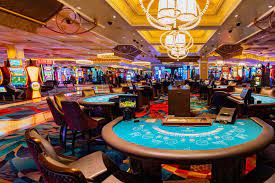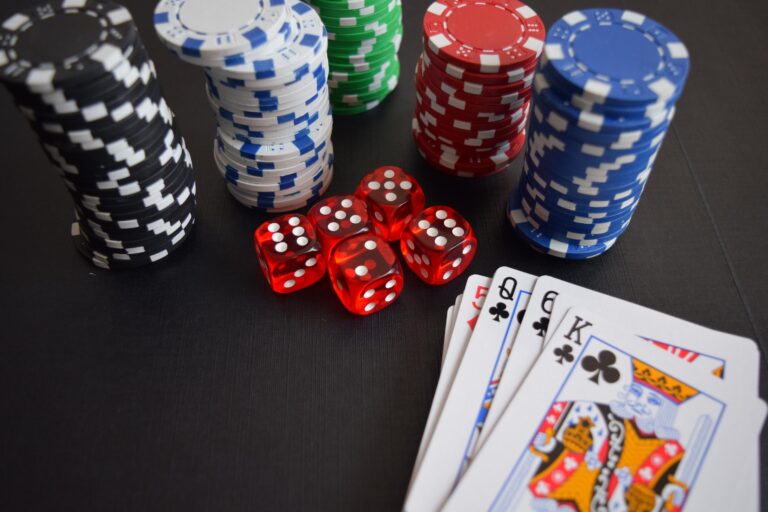1. Preoccupation with gambling: Constantly thinking about gambling, planning the next gambling session, or reliving past gambling experiences.
2. Increasing need for thrill: Feeling restless or irritable when attempting to reduce or stop gambling, often leading to increased bets or riskier behavior.
3. Difficulty controlling or stopping gambling: Repeated unsuccessful attempts to cut back or stop gambling, experiencing a loss of control over the behavior.
4. Gambling despite negative consequences: Continuing to gamble despite significant negative impacts on personal relationships, financial situation, work or school performance, or overall well-being.
5. Neglecting responsibilities: Neglecting or disregarding important responsibilities, such as work, family, or personal commitments, due to excessive gambling.
6. Chasing losses: Engaging in risky behaviors such as increasing bets or gambling larger sums of money to recover previous losses, often resulting in a vicious cycle.
7. Lying or hiding gambling activities: Trying to conceal the extent of gambling from loved ones or others, leading to secretive behavior and dishonesty.
8. Borrowing money for gambling: Frequently resorting to borrowing money from friends, family, or financial institutions to fund gambling activities.
9. Experiencing withdrawal symptoms: Experiencing restlessness, irritability, or other emotional and physical symptoms when attempting to reduce or stop gambling, similar to withdrawal from substances.
10. Emotional distress: Feeling anxious, depressed, or irritable when not gambling, with gambling becoming a way to escape or cope with negative emotions.
What are the top 10 signs of a gambling addiction?





+ There are no comments
Add yours